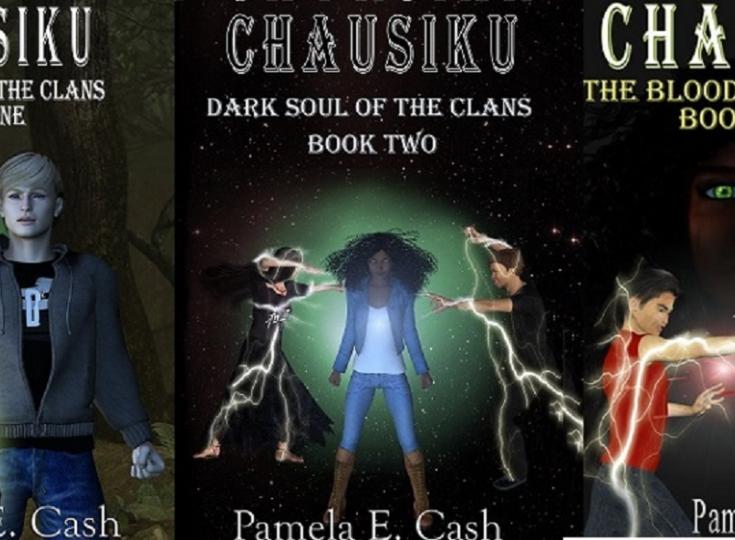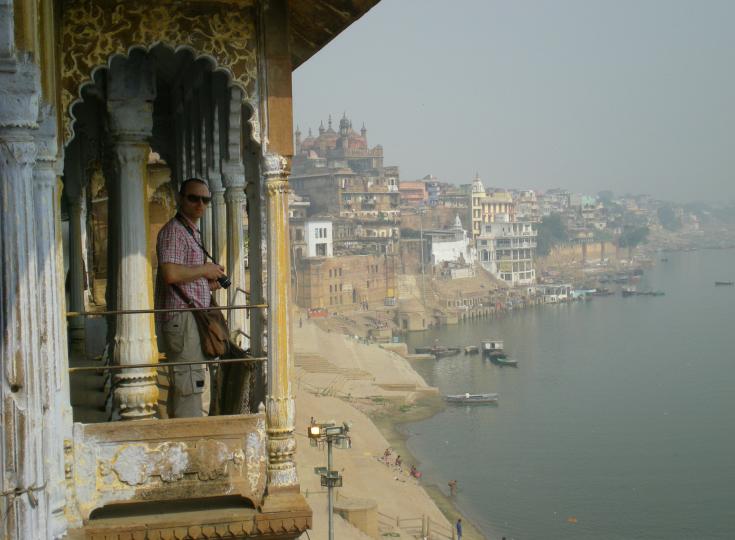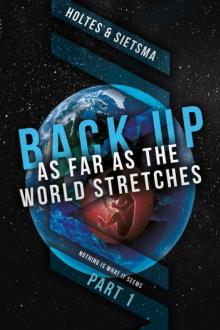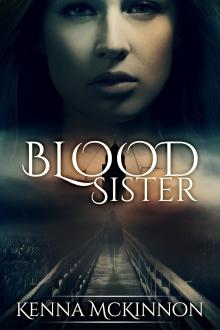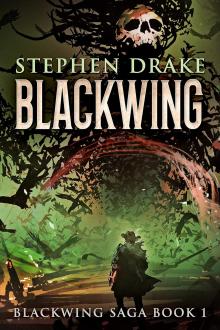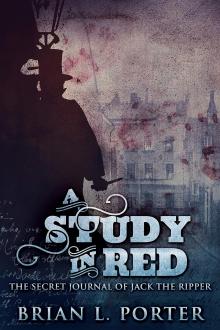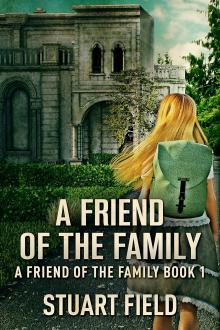Don Johnston - Hard Science Fiction Laced With Political Satire
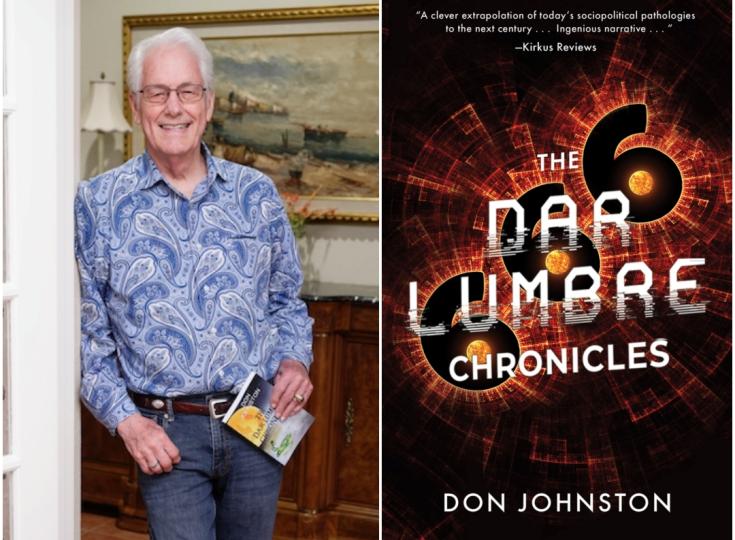
Don was born in East Texas a long time ago and grew up with a sister and a brother. When he was five years old, he found a tattered science book with several pages missing. The first intact page showed a monarch butterfly emerging from a chrysalis. That incident was the ah-ha moment that drew him into the world of science. Upon completing high school, he joined the Air Force and served as a jungle survival instructor in Panama. While in Panama, Don wrote a weekly gossip column for the base newspaper and won 2nd prize in a short story contest, but after that, there was a 60-year gap in his creative writing. Following his military service, Don enrolled in Stephen F. Austin State University and got married. After graduating in biology and chemistry, they moved to Houston where their only child, a son, was born. During the early years of his career, he wrote numerous technical articles and research reports and published several articles in trade journals but no fiction until recently. The Dar Lumbre Chronicles is his first novel. As our Author of the Day, he tells us all about this book.
Please give us a short introduction to what The Dar Lumbre Chronicles is about.
In a future socialist America, Houstonians face the vicissitudes of life as a rising political/religious movement predicts the imminent return of a vanished scientist, Dr. Dar Lumbre, the developer of the synthetic heart tissue, DL-666.
Two geneticists, Crane Hopkins and Annie Lee, spring into action when DL-666 fails and leaves many people awaiting heart transplants that cannot be performed with the malfunctioning tissue. Crane and Annie launch a frantic search for compatible DNA to make the needed repairs, but are stymied time after time because the records of Dr. Lumbre's original work cannot be found.
In Spanish, Dar Lumbre means to give light, and the enigmatic doctor's followers believe he will reappear as a sociopolitical messiah serving as a nexus between science, religion, and politics. However, the possibility also looms that NatGov will ban his efforts and cause a scientific dark age, as the number 666 might suggest.
What inspired you to write this story? Is there anything that made you want to tackle this?
When I was five years old, I found a tattered science book with the first ten pages missing. The first intact page showed a monarch butterfly emerging from a chrysalis. I believe that incident was the ah-ha moment that drew me into the world of science.
After finishing high school, spending four years in the U.S. Air Force, and getting a degree in biology and chemistry, I began a long career in science, the field I love.
Seventy-five years after the monarch butterfly incident, I retired from the corporate world and began to write as a hobby. Writing science fiction seemed to be a natural extension of my career as a practicing scientist.
Why did you pick 2086 as the backdrop for your story?
The prologue begins in 2086 to provide a fifty-year gap before the beginning of Chapter 1, which had to start in 2135 or 2136 to coincide with an important astrological event. The event, which will really happen, is a planetary conjunction in the region on the constellation Serpens (the serpent) on Sept. 23, 2136. DNA from a snake is used to repair the synthetic heart tissue; therefore, in the first chapter, I used a star-gazing discussion (searching for Serpens) as foreshadowing for hunting the real snake later in the story.
Also, Dr. Lumbre disappeared in 2086 allowing his legacy to grow for 50-years before talk of his imminent return began to get serious.
Tell us more about Dr. Lumbre. What makes him so special?
Dr. Lumbre is the inventor of an artificial heart formed on a 3-D printer utilizing a tissue culture known as DL-666. Even though this tissue saved many lives, it was developed via genetic experiments banned by law. Just as NatGov was poised to arrest Dar Lumbre, he disappeared like a willow-o’-the-wisp. Although he hasn’t been seen in fifty years, his followers are proclaiming his imminent return as a sociopolitical messiah. Moreover, his technical knowledge is sorely needed to make repairs in the heart tissue, which is beginning to fail.
Besides writing, what other secret skills do you have?
I speak fair Spanish (learned in Panama while serving in the Air Force). My military specialty was jungle survival, and I could still do it if necessary. I’ve also written a book about investing, Stock-Picking Revisited, and was claiming to be a skilled investor until 2022 rolled around. Now, I’m not so sure!
Maybe my best skill (but not a secret one) is as a father, grandfather, great-grandfather, and–I hope–a friend to many people.
What was the most challenging aspect of writing this?
The challenge of scheduling my time properly.
What did you have the most fun with?
I had the most fun setting up the scenes where the protagonists solved the problem by using astute observation in the laboratory. During my long career, I spent a lot of time in labs and, while writing these scenes, felt that I had returned to my former job as lab manager. I was looking over the geneticists’ shoulders as they struggled to come up with an answer.
Why sci-fi/romance? What drew you to a blend between the two genres?
Though I’m primarily a science-fiction buff, long ago I noticed that most sci-fi novels are rather devoid of romance–sex maybe, but not romance and love. I hoped that a little romance might trigger the interest of some women’s book clubs, who (in my opinion) read more romance novels than anything else. Incidentally, more women than men gave good reviews of The Dar Lumbre Chronicles–probably not because of the romance, though. It was pretty bland. However, I did try to give the female protagonist equal footing with the male. Maybe that was what the women liked.
Do any of your characters ever take off on their own tangent, refusing to do what you had planned for them?
Yes they do, and I like it. Initially, I set up my characters in pretty much the standard way. Then, I present them with a problem and try to let them solve it. Sometimes they go off on a tangent that is better than my original plan, but at other times they have to be reined in (while writing my second novel, The Alamogordo Connection, I discarded about 5000 words). Usually, after writing a few scenes from a character’s point of view, I begin to think of him/her as a real person. That’s when writing turns into fun!
Readers say the world-building in this is really great. How did you pull this off?
The physical setting for the novel is the Houston area, the location where I’ve lived for about sixty years. I know every road, street, and highway mentioned. All I did was jump forward a century or so. For example, the Houston Medical center became the Houston Mediplex with updated buildings. I’m also well familiar with Disney Land and the area around it, and have seen places in Panama and Mexico almost identical to the Mexico scenes.
The sociopolitical setting was only slightly harder. As a (light-to-moderate) conspiracy theorist, it wasn’t difficult to see the fragmentation of our society as something deliberately done by the government in order to retain control over the population.
When starting on a new book, what is the first thing you do?
The first thing I do is try to come up with a new idea–something that hasn’t already been used multiple times.
My favorite author, Philip K. Dick, once said, “If a short story or novel doesn’t have at least one new idea, it shouldn’t be written.” I completely agree with him. For example, in the Dar Lumbre Chronicles, bits of nuclear material in a cell gradually rearrange over time until they form a connect-the-dot pattern that looks like a snake, thereby letting the protagonists know that a snake is involved in some way. This was the new idea that triggered the start of the novel.
Do you have any interesting writing habits? What is an average writing day like for you?
My writing habits are totally boring. I get up at six-thirty, have a light breakfast, and write for about three hours.
What are you working on right now?
My new novel, By Means of Peace, is about a charismatic politician who is elected President of the United States and eventually becomes ruler of the entire world.
While this concept has been used many times before, I have a few new twists to unfold. I hope to complete the novel about a year from now.
Where can our readers discover more of your work or interact with you?
Currently, my three books are available on Amazon and on IngramSpark, but that’s all. This is an area where I’ve failed as a self-published author. I haven’t “built a platform,” as everyone says an indie author must do. I’m currently working on that problem with these promotions.
Kirkus Reviews says The Dar Lumbre Chronicles is “A clever extrapolation of today’s sociopolitical pathologies to the next century…an ingenious narrative…”
Such a glowing review suggests that I should be selling more copies of this novel than I am, so I’m trying to do something about it.

The Dar Lumbre Chronicles is hard science fiction laced with political satire.

